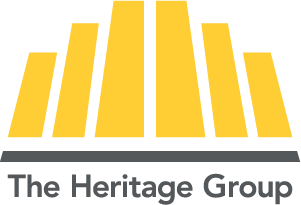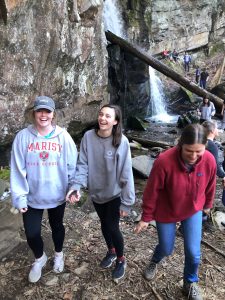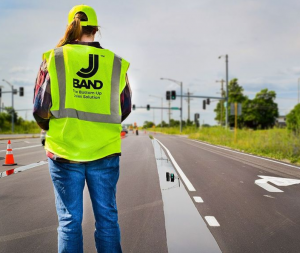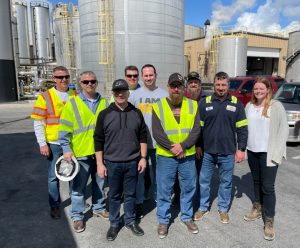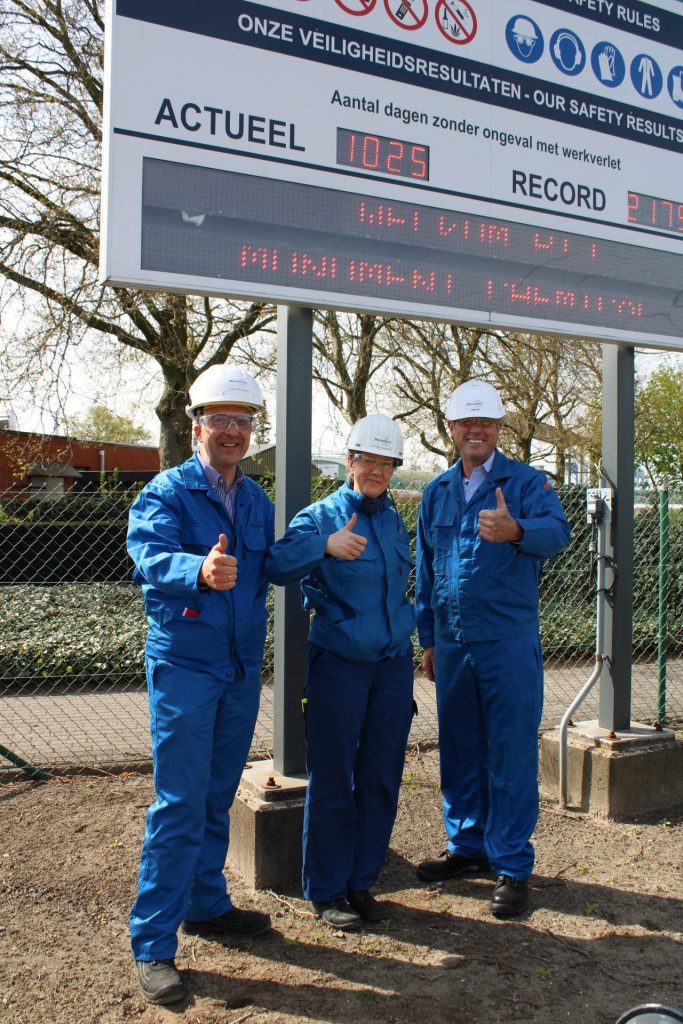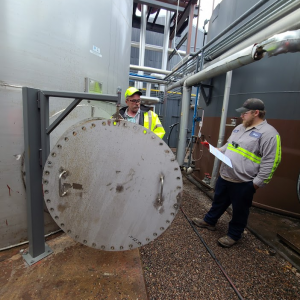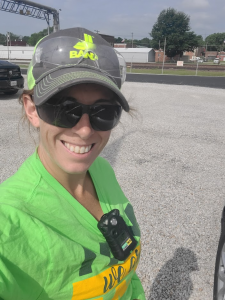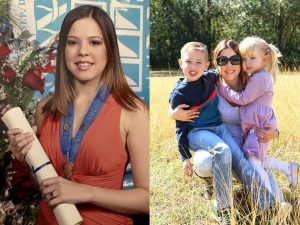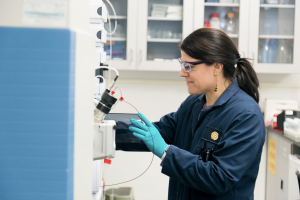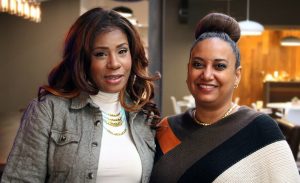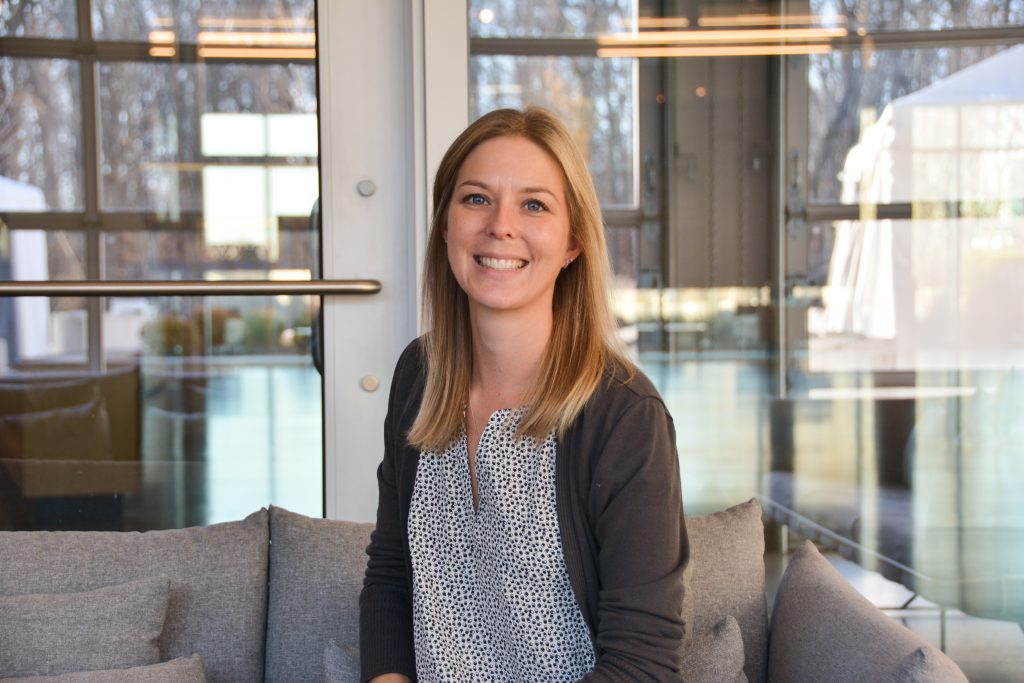In the race for innovation, there’s no greater proving grounds than the Indianapolis Motor Speedway (IMS). Throughout its storied history, the Speedway embodies the spirit of discovery.
Indianapolis Motor Speedway has played a pivotal role in shaping the landscape of motorsports worldwide. The Speedway’s marquee event, the Indianapolis 500, has inspired countless imitations and adaptations, solidifying its status as the pinnacle of motorsport. The Indianapolis 500, often referred to as “The Greatest Spectacle in Racing,” is the crown jewel of racing in America. This annual event draws hundreds of thousands of fans to witness the world’s best drivers compete in a grueling 500-mile race. The event’s significance transcends sports, becoming a cultural phenomenon that symbolizes the spirit of competition, perseverance and ingenuity.
The Heritage Group and our operating companies have stood alongside the Indianapolis Motor Speedway for decades. Together, we push boundaries, harnessing emerging science to propel progress forward. But, how exactly, did this long-standing partnership come about?
Our first company, Crystal Flash, sponsored a car for the 1937 running of the Indianapolis 500. Beginning in the late 1950s, Asphalt Materials, Inc. (AMI), a member of Heritage Construction + Materials (HC+M), began supplying bituminous materials for use in track repairs. This partnership continued and expanded in 1988 when Heritage Research Group (HRG), the research and development team of The Heritage Group, designed specific asphalt mixes for the Speedway’s oval.
Since then, the partnership between the two institutions has only strengthened. As time wore on and the track’s racing surface was subjected to the ever-changing climate of Indiana, it was time to update the asphalt, which at the time was only lasting around seven years. When it came to repaving the surface, IMS called upon Heritage to oversee and execute the sensitive work.
It wasn’t until 2013 that the full strength and capabilities of the various operating companies of The Heritage Group were put on display. On October 1, 2013, IndyCar and IMS officials announced a new event, a grand prix race on a road course, to be held in May 2014. However, an entirely new track needed to be designed and built in a very short amount of time. The road course project united Heritage Research Group, Milestone Contractors, US Aggregates and Asphalt Materials, Inc. to complete the work prior to the upcoming winter season which would halt any on-track construction. The work was completed to specifications on time, and the inaugural Indianapolis Grand Prix was held May 10, 2014, just seven months following the event’s announcement.
Enduring Spirit of Innovation
The pursuit of speed at the Indianapolis Motor Speedway has also been a catalyst for scientific discovery. Engineers and mechanics continuously strive to enhance the performance and safety of race cars, often pioneering technologies that eventually find their way into commercial vehicles. From rearview mirrors to disc brakes, from seatbelts to increased fuel efficiency, all of these innovations were first tested at the Speedway before making their way to your personal automobile.
The innovations born on the track often have far-reaching implications beyond racing, contributing to advancements in automotive technology, transportation systems and even environmental sustainability. For example, developments in hybrid and electric vehicle technology, spurred in part by the push for greater fuel efficiency in racing, have the potential to revolutionize the automotive industry and reduce carbon emissions.
Beyond its role as a hub for innovation and scientific discovery, the Indianapolis Motor Speedway holds a special place in the hearts of racing enthusiasts worldwide. The speedway’s illustrious history is dotted with legendary drivers, unforgettable races and dramatic moments that have captivated audiences for generations. From the first Indianapolis 500 in 1911 to the present day, the speedway has been a dramatic stage for both motorsports and human achievement.
“Find those partners that understand your mission and that are willing to work alongside you to make it better,” noted Doug Boles, President of Indianapolis Motor Speedway. “That’s one of the things we love so much about Heritage. We could not have the Indianapolis Motor Speedway and the Indianapolis 500 without our partners at Heritage.”
The enduring partnership between the Speedway and The Heritage Group drives a relentless pursuit of excellence, shaping the next generation of safety, speed and success — both on and off the track.
